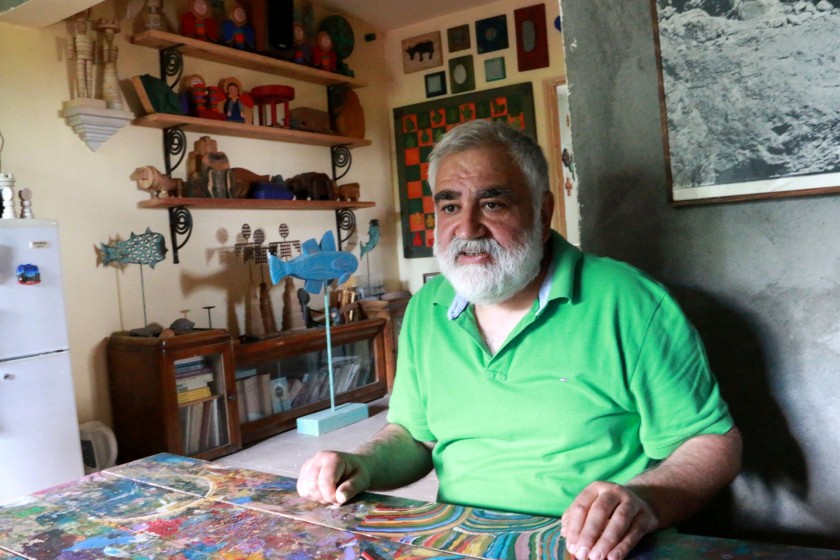
Provincial Art School in Armenia Closes: Founder Complains the Country Lacks ‘Nurturing Gardeners’
Marine Martirosyan
We’re in Baghramyan, a village in Armenia’s Armavir Province.
Our taxi driver from a neighboring village takes us to the Levon Galchyan Art School. He says the school has good teachers.
Architect Mikayel Mkrtchyan meets us in the yard of the two-story school. He moved here years ago, being tired of Yerevan’s clamor.
Mikayel had the idea of establishing an art school when he was introduced to the Galchyans. Their son, Levon Galchyan, who had been interested in applied art, died in 2004.
Parents decided to build an art school in his memory. Construction took two years. The school opened in 2007. There were four main specializations - silversmithery, painting, pottery and embroidery.
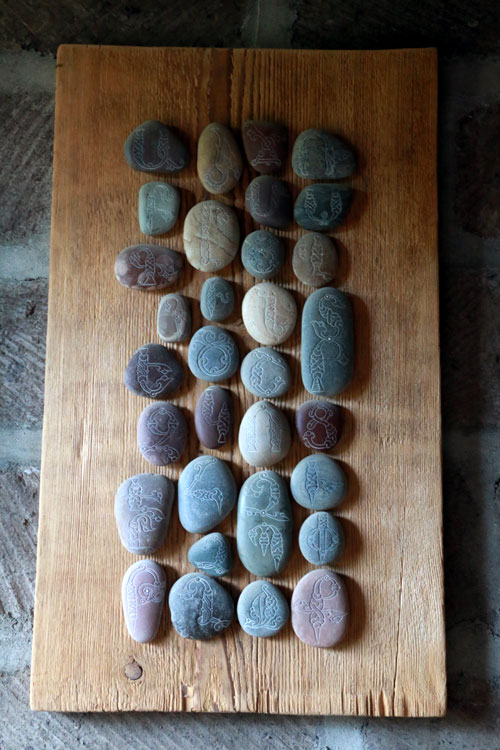 |
 |
Looking around at school, it’s hard to believe that the exhibited works are made by children. Each school detail - both internal and external - is well thought out. Yellow and purple flowers in the garden look like ornaments from afar.
You can’t select students in the village
I ask my questions in the present tense, Mikayel replies in the past. The school is going to be closed in September because of financial difficulties. The school was free. Annual funding was around $12-13,000.
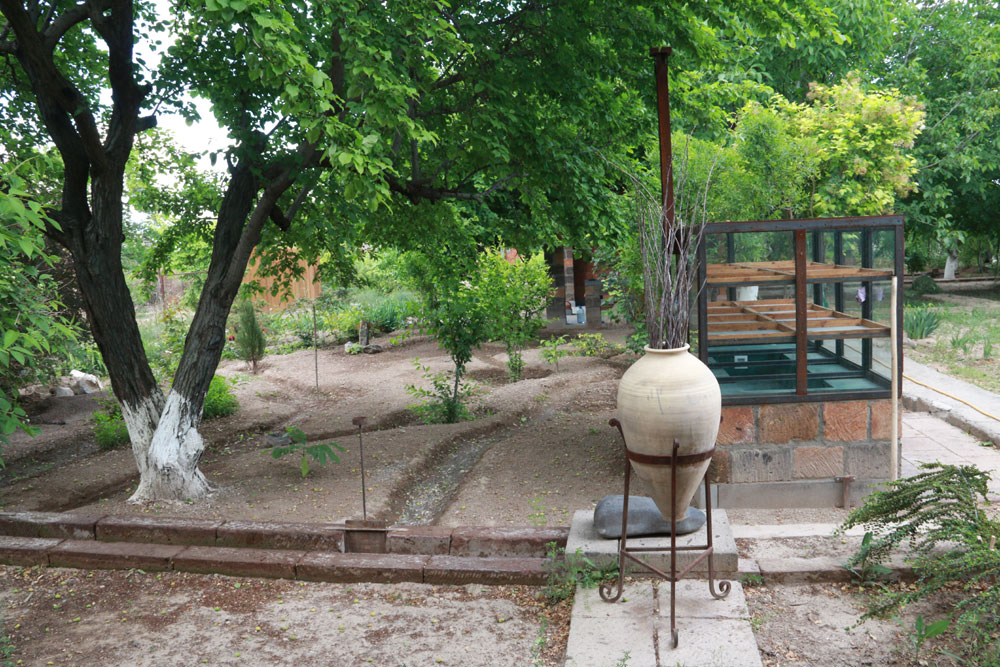
Mikayel and sponsors expected very good results at the school. It’s not financed by the state; there are no constraints. The main purpose is to reveal a child’s potential. But if children have nothing to say, there’s no point to attend. Some of the former graduates continued at the State University, Department of Cultural Studies. But he doesn’t see that kind of student among today's children.
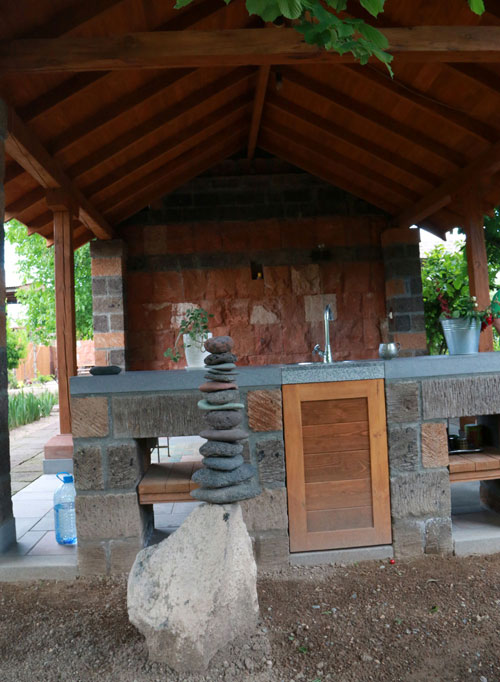 |
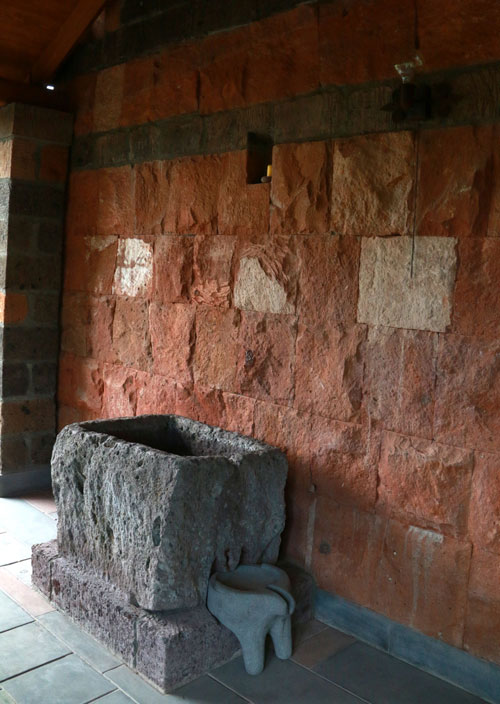 |
Mikayel says that the studio experienced very good times. In previous years, the number of students was 25. Then it gradually decreased. Sponsors were interested in the attendance and results of the students.
Village reality is different from that of the city. You don’t have a queue of children who want to attend and an opportunity to choose among them. In the village, where there is no cinema or theater, the workshop becomes an alternative. If Mikayel could show a child, without any potential, to the door in the city, here it’s impossible.
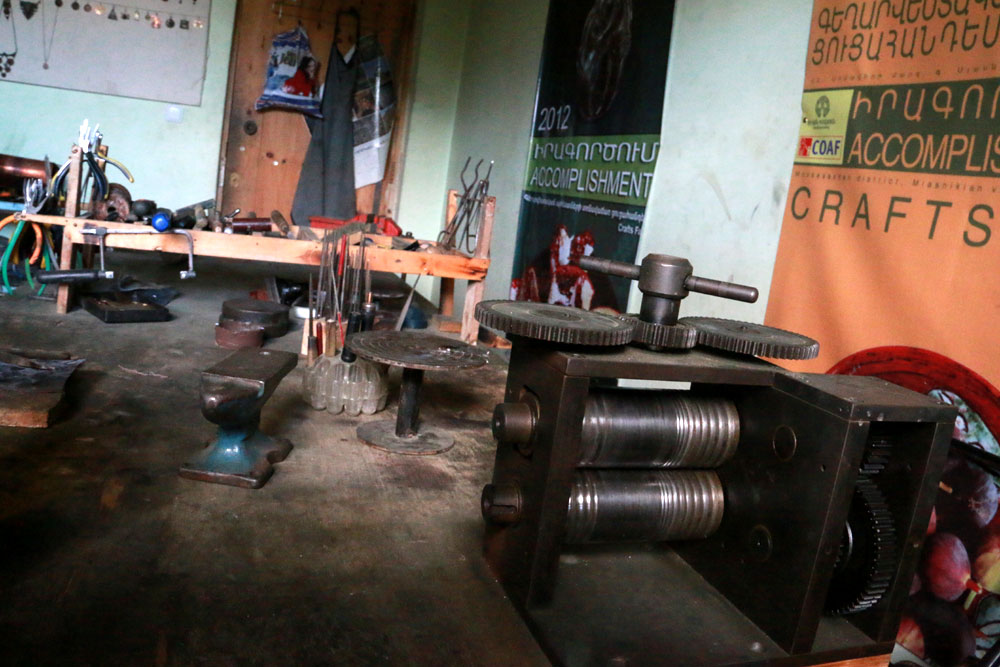
"This might be the best school in Armenia and elsewhere. I can honestly call it the best outside Yerevan, maybe better than Yerevan ones, with its environment, mood, real results. But I'm tired of this non-ergonomic situation,” says Mikayel. He points out the door of the smithy that has been closed for two years, as the demand for blacksmiths in the country has decreased. Crafts begin to die out not only in Armenia, but also around the world.
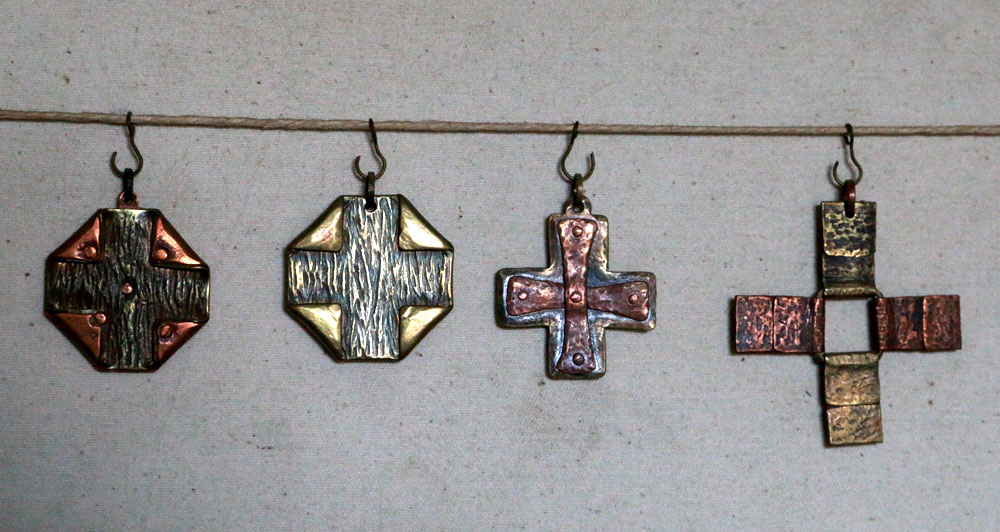 |
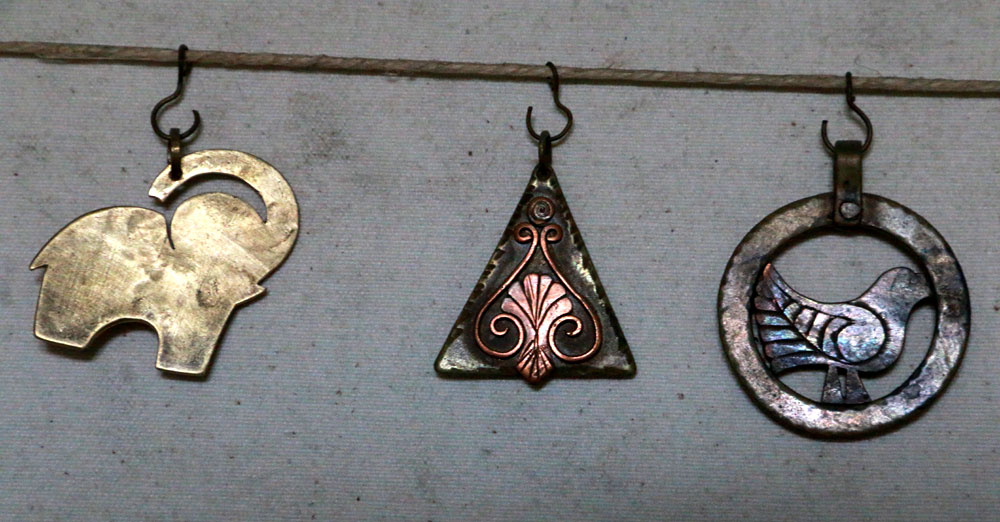 |
The end may become a new beginning
The situation with girls is problematic in the villages. At some point, families object to their engagement with art, saying it’s enough already and they should stay home.
This approach is changing now, though. There are more girls than boys at the school. Seven girls are studying painting. Only this class will be kept until September. Then the school will be closed.
The closure is conditional: school funding will be terminated, but the teaching team will continue to teach. At first, there will be two, three, maybe four students. Teachers will work on getting quality and results, and then think about increasing the number.
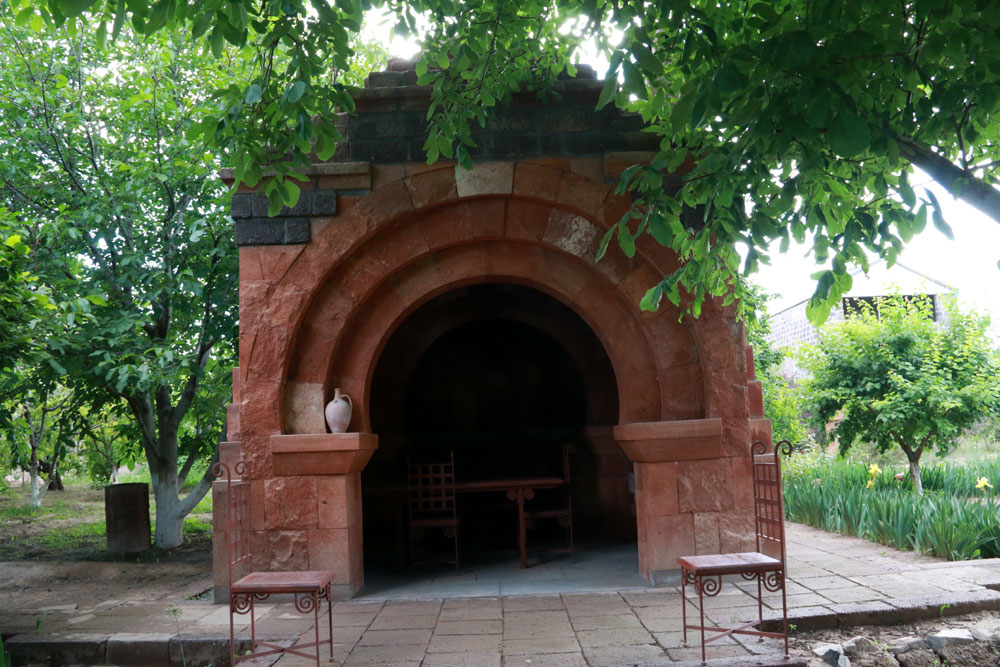
Mikayel doesn’t believe in self-financing projects, like, when a “workshop” is advertised to teach everything in 45 minutes for 20,000 drams. He believes it’s impossible. On the other hand, sponsors have their terms and conditions. "I’ve been free all my life, that’s how I want to live, " the architector says. However, new projects require funds.
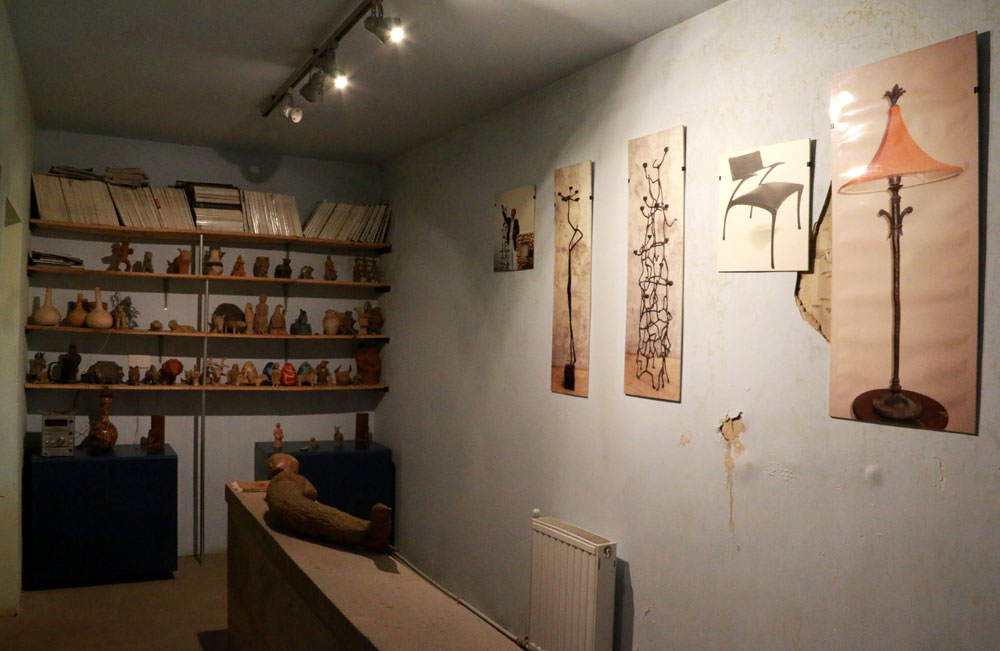
Desertification: From City to Village
Sunrays fall on the wooden table. We hear the birds singing. Mikayel says apathy has always been absent here, and only optimism could be heard in the previous interviews given throughout all these years.
But it’s changed now - desertification has reached the village.
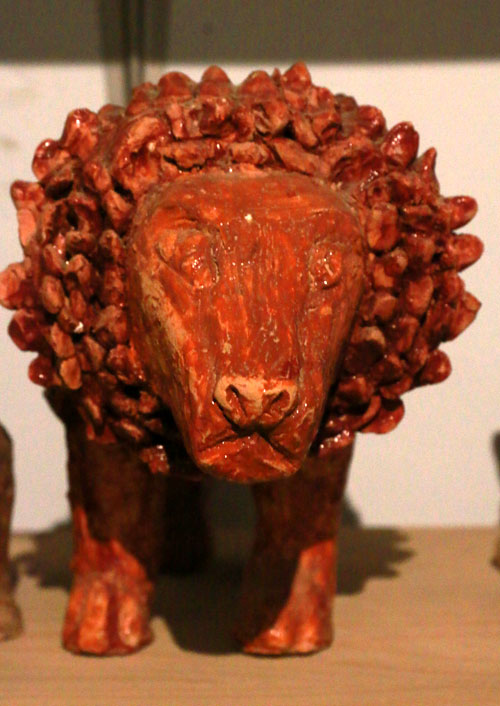 |
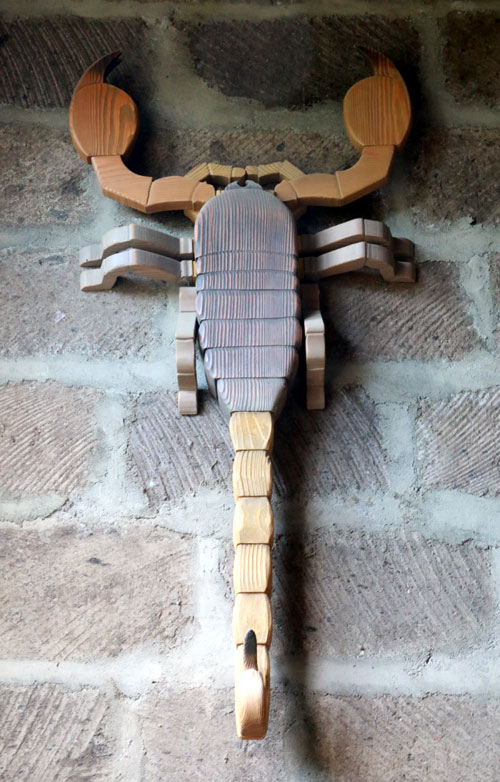 |
According to Mikayel:
Thirty years ago, there was a real desert here, with only some vineyards in between. But people came, worked, and it became a garden. Imagine, there comes a day when you do not understand what’s the purpose of the garden. You can’t see anyone watering it tomorrow. If nobody waters here, the desert will return. Those who struggle are always condemned to the opposite effect. The situation is sad; the forces are unequal. The desert is strong and it comes forward.
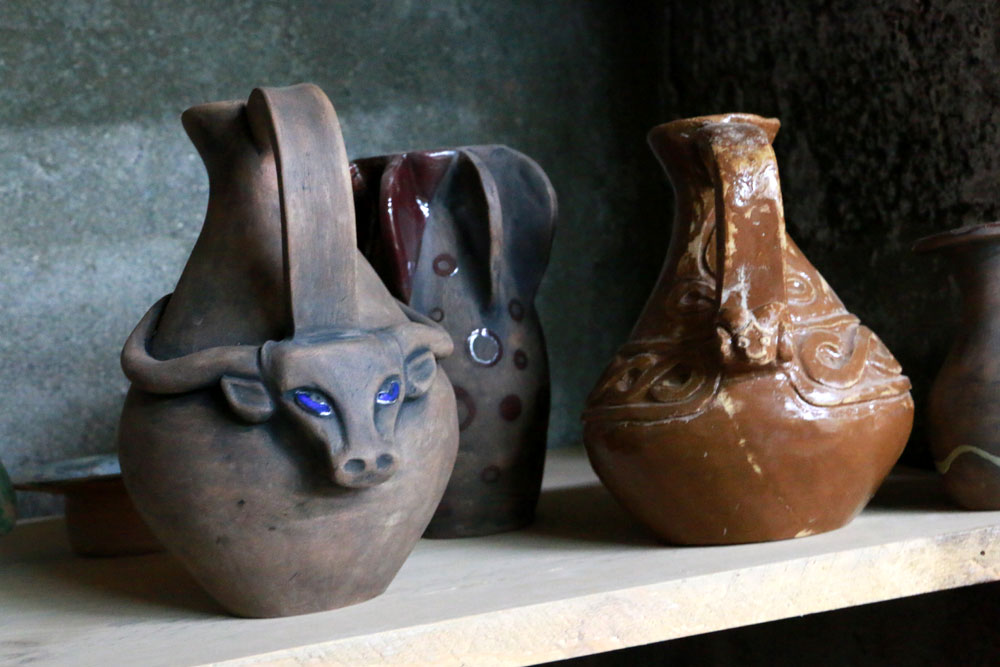 |
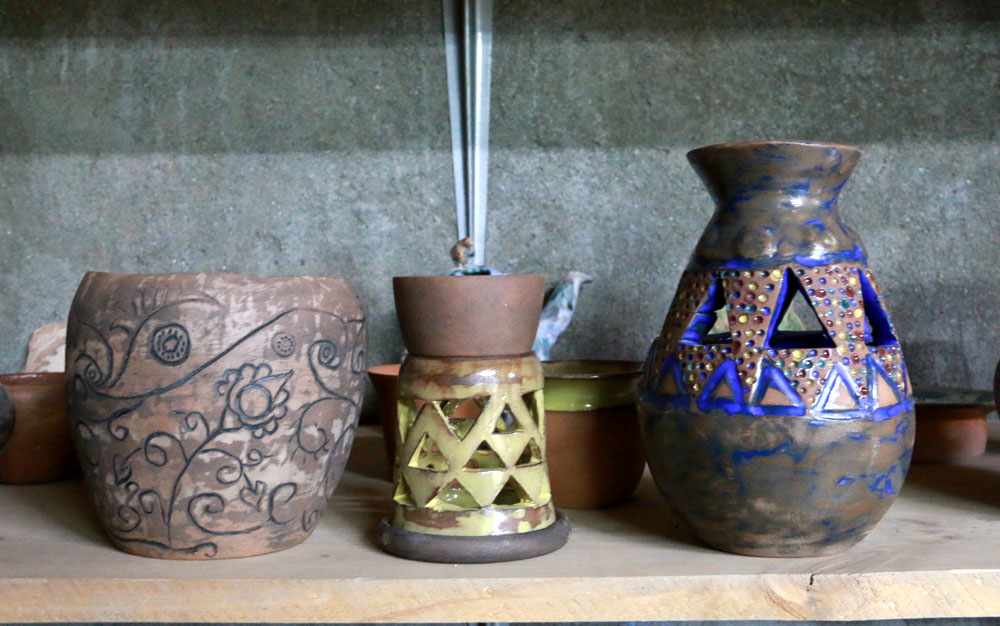 |
It’s bad that I don’t see a way to overcome this. In the past, I did not think - I would just go ahead. Now I don’t know where we're going. This doesn’t sound like me speaking, but that’s the reality. I just know that nothing is permanent: this sadness is not permanent, it will change, it can’t stay like this. We have ups and downs in our lives, now it’s the down time.
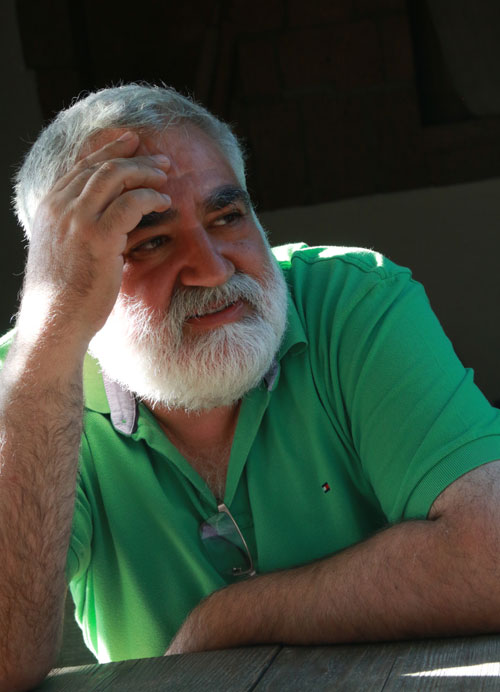
How did we reach this sad point? It couldn’t have happened overnight.
Because the tendency to build a strong country, state, family was somehow absent in our people. The consequences appeared much later. Society is divided into parts. One aggressively and actively seeks to better their own interests. Another does it without being aggressive, very gently and kindly. There is a third part, the public part, which disappeared, if it existed at all, as I don’t see them now.
Recently, I realized something. That's when you understand something you’re afraid to. What have we added to the legacy of the Middle Ages? A faceless city that no one is interested in. Its old center, which was called a rat’s nest, has been demolished, a market, which could have interested tourists on par with the Matenadaran, is being destroyed.
I was in a market in Barcelona, which was not as half as good as ours. But they would never think ofturning it into a supermarket. The private sector doesn’t know what it’s doing. They open Italian and French restaurants. Who are the visitors - foreigners or locals?
There’s a cliché about Armenianness practiced in cheap eateries - hang a milk churn and a rug. Everybody is satisfied and happy. Now there is a new generation that understands that this is not Armenian, it’s rabiz, and tends to avoid it, but they don’t know what to do next. What is to follow? We are quickly and easily losing ourselves - becoming European. This country still has character, charm. Or maybe it used to have?
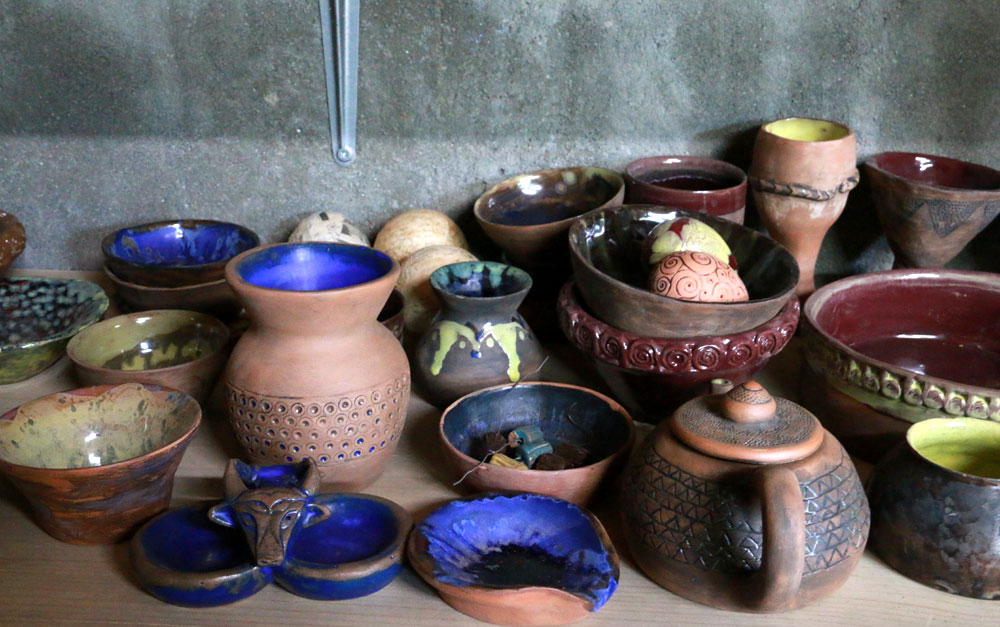
What do we lack?
We’ve always lacked the ability to correctly evaluate and rearrange our forces. I think this has been our problem. When you see that the country is not being built... I don’t sound like myself, I know. Seems like this is the beginning of the end in some extent. There should be a new beginning after the end.
This country needs good gardeners
Mikayel says he’s recently got used to bringing examples from the garden. If trees are getting old, villagers cut the big branches in the spring, hoping for the young branches to come out. Not all the trees come back to life.
"Now, it seems that this country needs the same, because we have reached a very sad situation. I don’t believe in politics, because there’s a lot of garbage in it. I believe in internal renaissance, so that people come back and see that the path they’ve taken doesn’t lead anywhere. Good people are cleansed when going through trouble. Evil people are evil from the start, and become more dangerous, " he says.
In his opinion, the government seems to be in eternal bankruptcy. The government always shuts our mouths by saying there are no resources.
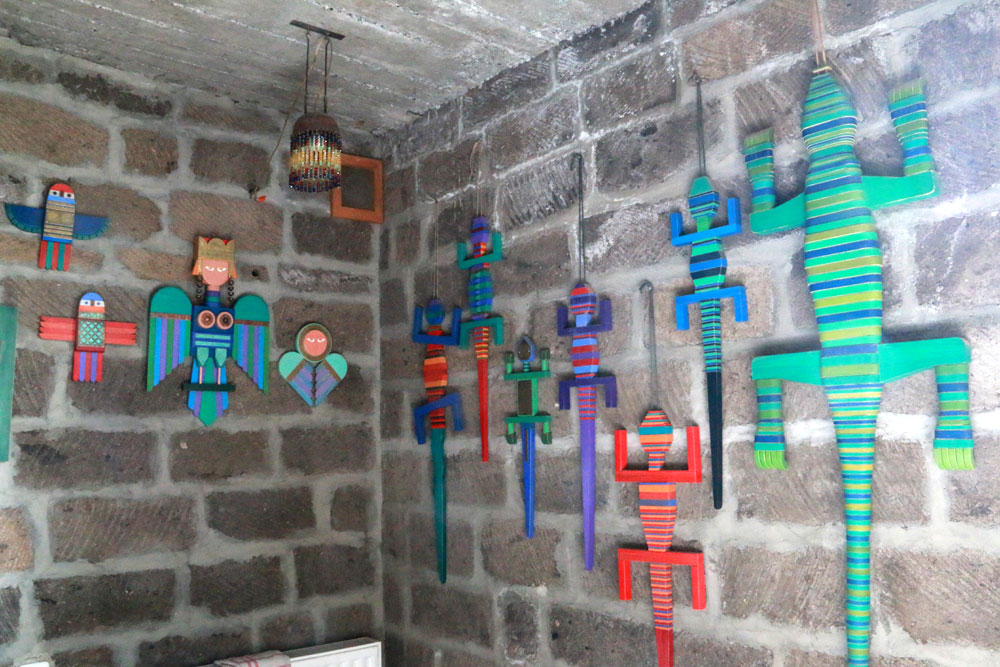
"Doing everything in a cleaner and better way is the only solution. Recently, an African-American boy closed his loan in five-six years and wrote a book about it. Now this is one of the most spoken topics. The way is simple. The guy says no light should be lit if it’s not necessary, that is - savings, savings. Do we save enough? Do we use what we use properly? When you enter my garden, you sense that it’s being taken care of. I do not sense the existence of any gardeners in this country. The garden survives somehow with incomprehensible reserves. The desert is out there, waiting. If nobody takes care of the garden, and it runs out of water, the desert will come and devour the garden, " says the architector.
 |
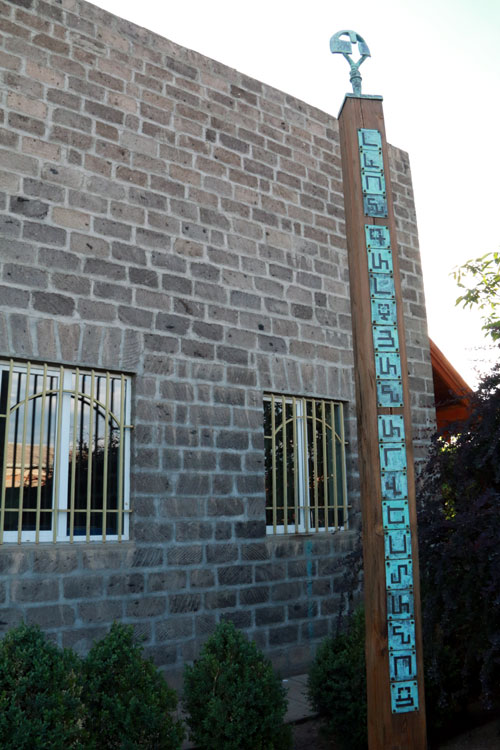 |
Photos by Hakob Poghosyan
 Videos
Videos Photos
Photos




Comments (2)
Write a comment